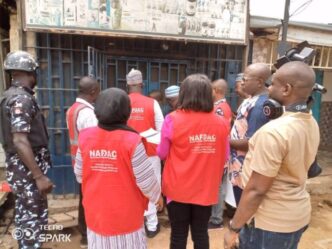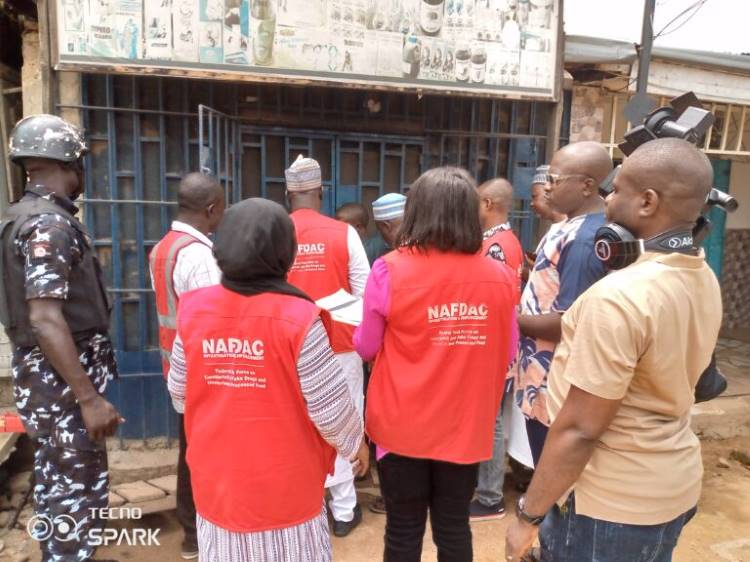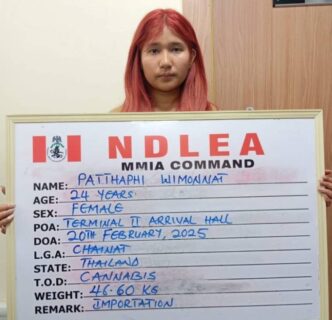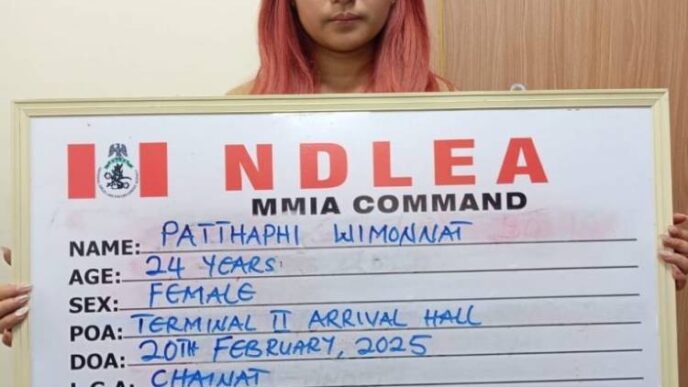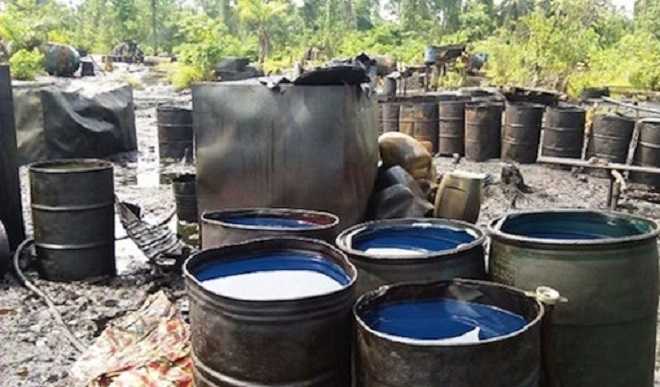The National Agency for Food and Drug Administration and Control (NAFDAC) has shut down over 11,000 drug shops across Aba, Onitsha, and Idumota as part of a nationwide crackdown on illicit drug sales. The agency also arrested 40 suspects linked to the distribution of unregistered and dangerous drugs.
Speaking in Lagos on Saturday, NAFDAC Director-General, Prof. Mojisola Adeyeye, disclosed that over 77 truckloads of counterfeit and illicit drugs had been evacuated—27 from Idumota, 30 from Onitsha, and over 20 from Aba.
She revealed that the operation has so far resulted in the closure of 3,027 shops in Idumota, 4,000 in Onitsha, and another 4,000 in Aba’s Osisioma area, with enforcement still ongoing.
Adeyeye described the discoveries as “mind-blowing,” revealing that the agency found:
Expired drugs with fraudulently altered expiration dates.
Controlled substances like Tramadol and Analgin, which have been banned in Nigeria.
Vaccines and antiretrovirals meant for free distribution, including those donated by USAID, being sold illegally.
Machines used to change drug expiration dates, making expired medicines appear valid until 2028.
Drugs stored in unsanitary locations, including toilets and poorly ventilated warehouses.
She estimated that the value of confiscated drugs runs into trillions of naira.
“We Are Protecting Lives, Not Disrupting Trade”
Addressing concerns from traders, Adeyeye insisted that NAFDAC’s actions were aimed at protecting public health rather than disrupting businesses.
“We are trying to safeguard the future of our young people from harmful drugs. We want to ensure patients recover with genuine medicine and not fake products that worsen their conditions,” she stated.
She also warned Nigerians against purchasing drugs from unauthorized sources:
“If you bought medicine from a street corner, throw it away. Only buy from a reputable pharmacy.”
Adeyeye lamented staff shortages and called for greater government support, revealing that over 1,000 security personnel were involved in the operation—400 in Onitsha, 350 in Aba, and 250 in Idumota.
She urged the federal government to tighten border security, as most of the counterfeit drugs were smuggled into the country.
“Our porous borders are making our job more difficult. We need more manpower to stop these harmful products from entering Nigeria.”
NAFDAC has vowed to expand enforcement to other states and work with sister agencies to ensure compliance.
“This is just the beginning. We will not stop until the menace of substandard and falsified drugs is eradicated from Nigeria,” Adeyeye declared.

